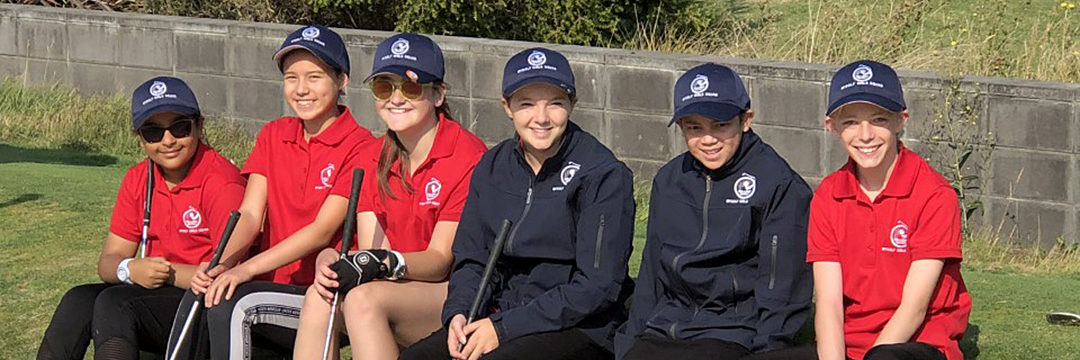Barriers and Enablers

The benefits of youth participation are substantial, however implementing, continuing and developing youth participation strategies can be challenged by many barriers affecting young people. Knowing what these are can assist in reducing their impact. Therefore, one of the first steps in developing youth participation strategies is to identify the barriers that may affect young people’s ability to participate and give consideration to how you can address these in your planning and development.
- A lack of trust by young people – previous bad experiences or failed attempts may heighten a young person’s distrust in engagement opportunities
- Lack of information and communication about how to become involved in youth participation
- Insufficient time due to education and/or work obligations and family/friend commitments
- Location and remote community access – lack of transport, parent support to drive them
- Concerns about skills deficits, for example verbal skills and public speaking
- Low socio-economic status
- Lack of confidence, by both young people and staff
- Insufficient resources due to funding, organisational structure, community support
- Participation for show – minimal power given to young people to initiate change
- Negative social attitudes to, and stereotyping, of young people
- Lack of clear direction about roles and responsibilities
- Family crisis situations that can damage the capacity of young people to participate in an ongoing or consistent manner
- Organisations often recognise participation of young people in theory but not in practice
- Turnover of staff and volunteers: affecting continuity of relationships and the capacity to follow-up young people seeking to become involved in program activities
- Issues regarding the type and manner in which young people may participate in projects may hinder their committed involvement – buy in from the whole organisation is vital
- A lack of parental support, with parents fearing loss of control over young people as they become more confident, independent and assertive as a result of their experiences
- Community resistance: perceptions that young people’s opinions and abilities are less than those of adults
- Funding and the ability to provide equitable and sustainable programs
- As an organisation embed a culture that provides opportunities for young people to engage
- Ask young people for their opinions, feedback and participation in relevant projects
- Communicate/promote engagement opportunities with the support of other youth focused organisations, stakeholders and community groups
- Present all information on the purpose of the engagement and what will be required of the young person
- Provide consultation activities that increase the confidence of young people and provide support for their success
- Use multiple and flexible engagement techniques to meet the needs of young people – reach out to others who may have provided similar opportunities before
- Show appreciation for the contributions of young people and share their success throughout your networks
- where possible provide equitable contributions to acknowledge participation
- Tell young people how their feedback will be used and provide an opportunity for them follow through with the project
- Provide contact details and ways that the young person can obtain further information following the consultation
- Share feedback and results with young people regardless of the outcomes
- Be open to all of the opinions of young people and reinforce there are no “wrong answers”
- Respect the privacy and anonymity of young people, and ensure your organisation has child safe policies and procedures in place to support your work with young people
- Keep engagement fun, interesting and relevant for young people, consider the environment you will hold sessions in, the content/activity you will do and the location and times that you will run sessions.
- Actively seek opportunities to collaborate with other youth focused organisations – together we can provide more relevant and equitable opportunities
- Be understanding and respectful when discussing sensitive topics and provide resources to support a young person who may be facing challenges
Resources
Not only is their a commitment from organisations to consider and support young people in decision making but there is also a need for our community clubs to be open to involving young people. With the recent pressures and challenges of the COVID 19 pandemic, drops in participation and loss of volunteers at a grassroots level, our young people more than ever represent the future of our sports. They are tech savvy, ready to embrace times of crisis and embed themselves as leaders in sharing communication and information that may be escaping the older generations. They are willing and able to set up as leaders, coaches, volunteers and decision makers in our clubs and what we as the sport sector need to do better is to help young people do all of this successfully.
Think about the potential for participation retention, volunteer retention and committee members if our clubs had procedures in place to support young people to succeed. We know young people want this opportunity but we know also that as adults we often fail to provide relevant support and resources to make this happen. The best way to support youth engagement throughout the sport sector is to ACKNOWLEDGE, ENGAGE and EMPOWER young people and embed a culture in our clubs that recognises the contribution that young people make to the success of our clubs and organisations.
